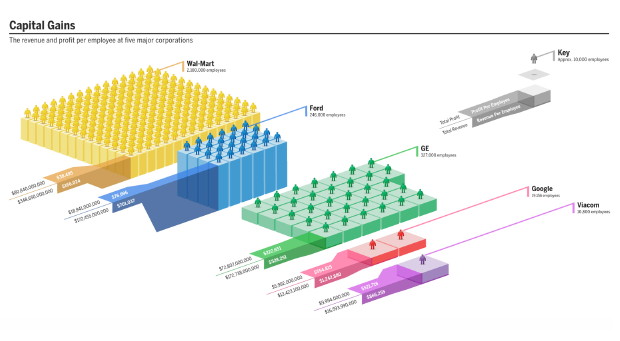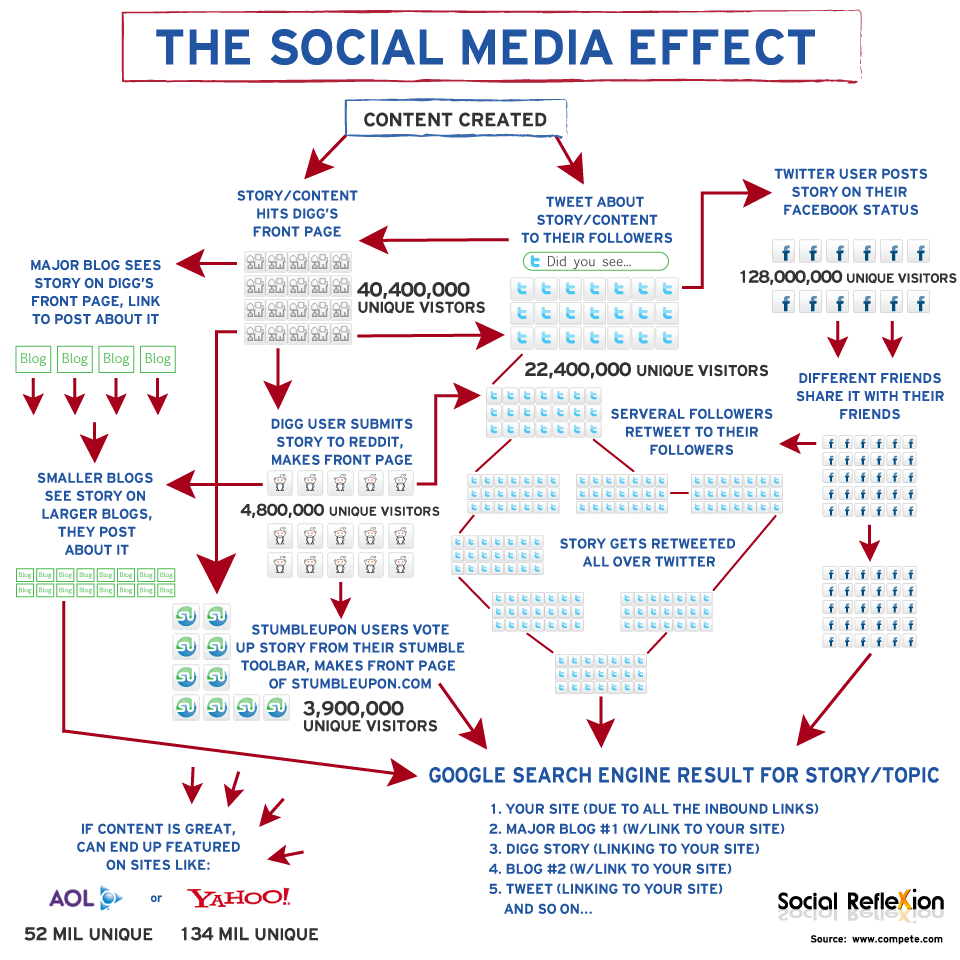Film Series: “Another World is Plantable!”
 In the film series, “Another World is Plantable!”, community gardens in different parts of the world are presented. At the core of the film series are the activists from the community gardens, the gardens themselves, and the visions the activists have of them. They recount how and why their gardens are not just green oases in the middle of the city, but much more than that projects that bring into being ‘another world’. The documentary film series takes up these ideas and connects them to emancipatory projects in different parts of the world.
In the film series, “Another World is Plantable!”, community gardens in different parts of the world are presented. At the core of the film series are the activists from the community gardens, the gardens themselves, and the visions the activists have of them. They recount how and why their gardens are not just green oases in the middle of the city, but much more than that projects that bring into being ‘another world’. The documentary film series takes up these ideas and connects them to emancipatory projects in different parts of the world.


 The
The 
 A leaked draft of the new Czech Copyright Act was obtained by Pirate News at the beginning of August 2010, after the Ministry of Culture has initially declined the request of Czech Pirate Party to have access to the document three days after the draft was sent out for feedback to organizations affected by the proposal. The draft presents a storm of “improvements” which grant millions of euro from public sector budgets to collecting societies.
A leaked draft of the new Czech Copyright Act was obtained by Pirate News at the beginning of August 2010, after the Ministry of Culture has initially declined the request of Czech Pirate Party to have access to the document three days after the draft was sent out for feedback to organizations affected by the proposal. The draft presents a storm of “improvements” which grant millions of euro from public sector budgets to collecting societies. 

 AdSense, the advertisement company behind Google, is comprised of several products. The most popular are AdSense for content, which allows publishers to generate revenue from ads placed alongside web content, and AdSense for search, which allows publishers to place a custom Google search engine on their site and generate revenue from ads shown next to search results. Since AdSense for content and AdSense for search offer publishers different services, the revenue shared with publishers differs for each of these products.
AdSense, the advertisement company behind Google, is comprised of several products. The most popular are AdSense for content, which allows publishers to generate revenue from ads placed alongside web content, and AdSense for search, which allows publishers to place a custom Google search engine on their site and generate revenue from ads shown next to search results. Since AdSense for content and AdSense for search offer publishers different services, the revenue shared with publishers differs for each of these products. 
 The pension reforms of the years 2000 until 2007 were supposed to attenuate the foreseeable effects of demographic change on the pension system. This is why the retirement age was raised, the pension level was lowered and a so-called sustainability factor (“Nachhaltigkeitsfaktor”) was introduced into the pension formula. This approach meant a fundamental change of objectives – from safeguarding living standards in retirement to the stability of contribution rates. The lower future pension level is to be complemented by the subsidised formation of a private capital stock (“Riester pension”) without employer participation. The analysis of the macroeconomic consequences of this reform shows that the chosen policy of enhanced funding both dampens growth and leads to insufficient income in old age. Thus the current strategy is not suitable for alleviating the demographic burden.
The pension reforms of the years 2000 until 2007 were supposed to attenuate the foreseeable effects of demographic change on the pension system. This is why the retirement age was raised, the pension level was lowered and a so-called sustainability factor (“Nachhaltigkeitsfaktor”) was introduced into the pension formula. This approach meant a fundamental change of objectives – from safeguarding living standards in retirement to the stability of contribution rates. The lower future pension level is to be complemented by the subsidised formation of a private capital stock (“Riester pension”) without employer participation. The analysis of the macroeconomic consequences of this reform shows that the chosen policy of enhanced funding both dampens growth and leads to insufficient income in old age. Thus the current strategy is not suitable for alleviating the demographic burden.